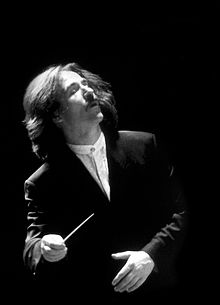
Zarzuela is a Spanish lyric-dramatic genre that alternates between spoken and sung scenes, the latter incorporating operatic and popular songs, as well as dance. The etymology of the name is uncertain, but some propose it may derive from the name of a royal hunting lodge, the Palace of Zarzuela, near Madrid, where that type of entertainment was allegedly first presented to the court. The palace in turn was named after the brambles that grew there.
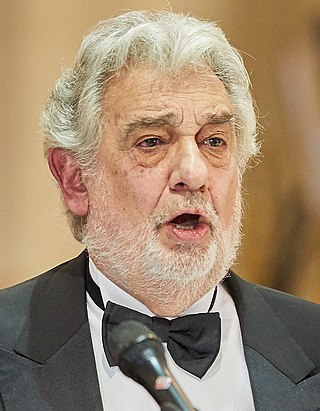
José Plácido Domingo Embil is a Spanish opera singer, conductor, and arts administrator. He has recorded over a hundred complete operas and is well known for his versatility, regularly performing in Italian, French, German, Spanish, English and Russian in the most prestigious opera houses in the world. Although primarily a lirico-spinto tenor for most of his career, especially popular for his Cavaradossi, Hoffmann, Don José and Canio, he quickly moved into more dramatic roles, becoming the most acclaimed Otello of his generation. In the early 2010s, he transitioned from the tenor repertory into exclusively baritone parts, including Simon Boccanegra. As of 2020, he has performed 151 different roles.
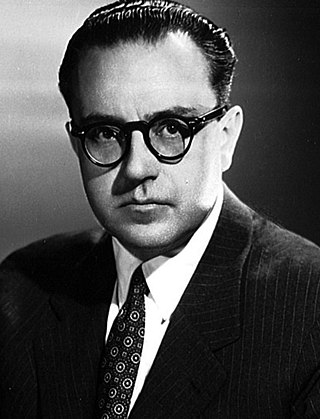
Alberto Evaristo Ginastera was an Argentine composer of classical music. He is considered to be one of the most important 20th-century classical composers of the Americas.

Federico Moreno Torroba was a Spanish composer, conductor, and theatrical impresario. He is especially remembered for his important contributions to the classical guitar repertoire, becoming one of the leading twentieth-century composers for the instrument. He was also one of the foremost composers of zarzuelas, a form of Spanish light opera. His 1932 zarzuela Luisa Fernanda has proved to be enduringly popular. In addition, he composed ballets, symphonic works, and piano pieces, as well as one-act operas and one full-length opera, El poeta, which premiered in 1980, starring well-known tenor Plácido Domingo. Moreno Torroba also ran his own zarzuela company, which toured extensively, especially in Latin America.

Joaquín Rodrigo Vidre, 1st Marquess of the Gardens of Aranjuez, was a Spanish composer and a virtuoso pianist. He is best known for composing the Concierto de Aranjuez, a cornerstone of the classical guitar repertoire.

El amor brujo is a ballet by Manuel de Falla to a libretto by María de la O Lejárraga García, although for years it was attributed to her husband Gregorio Martínez Sierra. It exists in three versions as well as a piano suite drawn from four of its movements. Andalusian in character, its music includes the celebrated Danza ritual del fuego , the Canción del fuego fatuo and the Danza del terror. Its songs are in Andalusian Spanish.

Tomás Bretón y Hernández was a Spanish conductor and composer.
Roberto Sierra is a Puerto Rican composer of contemporary classical music.
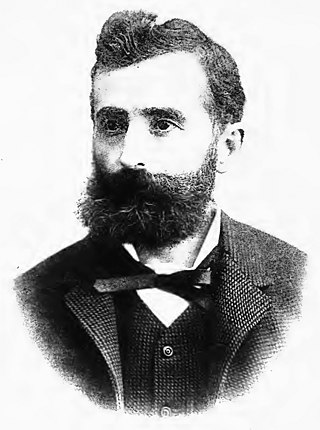
Pedro Miguel Juan Buenaventura Bernadino Marqués y García was a Spanish composer and violinist.

Plácido Domingo has made hundreds of opera performances, music albums, and concert recordings throughout his career as an operatic tenor. From his first operatic leading role as Alfredo in La traviata in 1961, his major debuts continued in swift succession: Tosca at the Hamburg State Opera and Don Carlos at the Vienna State Opera in 1967; Adriana Lecouvreur at the Metropolitan Opera, Turandot in Verona Arena and La bohème in San Francisco in 1969; La Gioconda in 1970; Tosca in Royal Opera House, Covent Garden in 1971; La bohème at the Bavarian State Opera in 1972; Il trovatore at the Paris Opéra in 1973 and Don Carlo at the Salzburg Festival in 1975, Parsifal in 1992 at the Bayreuth Festival; and the list continues until today; the same role is often recorded more than once.

The Orquesta Sinfónica de Madrid, founded in 1903, is a Spanish symphony orchestra. Since 1998, is the principal orchestra of the Teatro Real.
Juan José Colomer is a Spanish composer.

Ainhoa Arteta Ibarrolaburu, better known as Ainhoa Arteta, is a Spanish soprano.
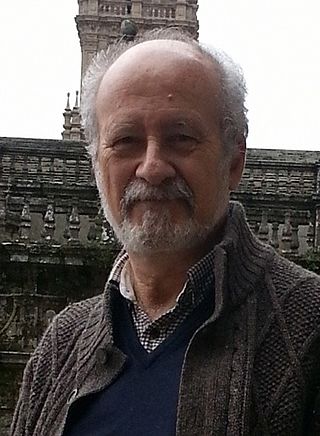
José Luis Turina is a Spanish composer, grandson of Joaquín Turina.
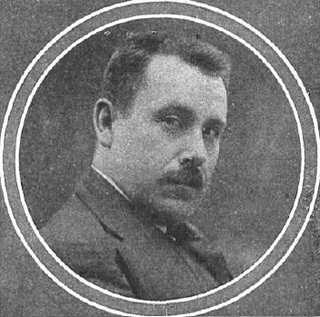
Pablo Luna Carné was a Spanish composer. His best-known composition is the aria "De España vengo" from the zarzuela El niño judío.
Luis de los Cobos Almaraz was a Spanish composer. In 1944, he was briefly jailed for taking part in protests against the Francoist government, and after he finished his studies in 1949 he couldn't find a job since he lacked the certificate of adherence to the Spanish State, so he went to exile, settling in Geneva after studying orchestral conducting under Bernardo Molinari in Rome and Eugène Bigot in Paris. Like Xavier Montsalvatge and Manuel Castillo he has been defined as a missing link in the postwar Spanish music, as he was influenced by Shostakovichian modernism while the Spanish scene evolved from nationalism to the Darmstadt avantgarde through his contemporaries of the 1951 Generation. He composed four operas, two symphonies, four concertos and six string quartets.
Jacobo Ficher was a Ukrainian-born Argentine composer, violinist, conductor, and music educator.
Daniel Rojas is a Chilean-born Australian pianist and composer. Rojas' work as a composer and improviser draws upon indigenous, folk, popular and classical Latin American traditions.

Josefa Embil Echániz better known as Pepita Embil was a Spanish Basque soprano who starred in zarzuela and operetta productions throughout Spain and Latin America. Known as the "Queen of Zarzuela," she is especially remembered for her son, the internationally famous operatic tenor Plácido Domingo, whose early career she helped to nurture. Embil began her professional career singing as a soloist in choirs, including the Basque national choir, Eresoinka, which based itself in France during the Spanish Civil War. While still in her twenties, she appeared in the world premieres of several new zarzuelas. She collaborated with some of the most prominent Spanish composers of the 1940s, including Federico Moreno Torroba, Jacinto Guerrero, and Pablo Sorozábal. In late 1948, she moved to Mexico with her baritone husband, Plácido Domingo Ferrer. In Mexico they ran a successful zarzuela company of their own, which toured throughout the Americas. Over the course of her career, Embil made several recordings, primarily of zarzuela music.
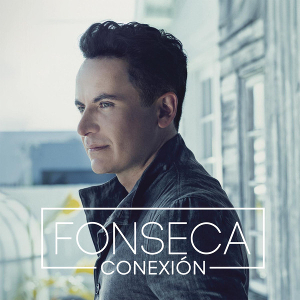
Conexión is the fifth studio album and sixth overall by Colombian singer Fonseca, released on October 2, 2015, through Sony Music Latin. It was produced by Julio Reyes Copello and features collaborations with Puerto Rican singer Victor Manuelle and Colombian singer Juanes. A special edition of the album titled +Conexión was released on July 7, 2017, featuring collaborations with Puerto Rican duo Alexis & Fido, Colombian singer Andrés Cepeda and Spanish singer India Martínez.
